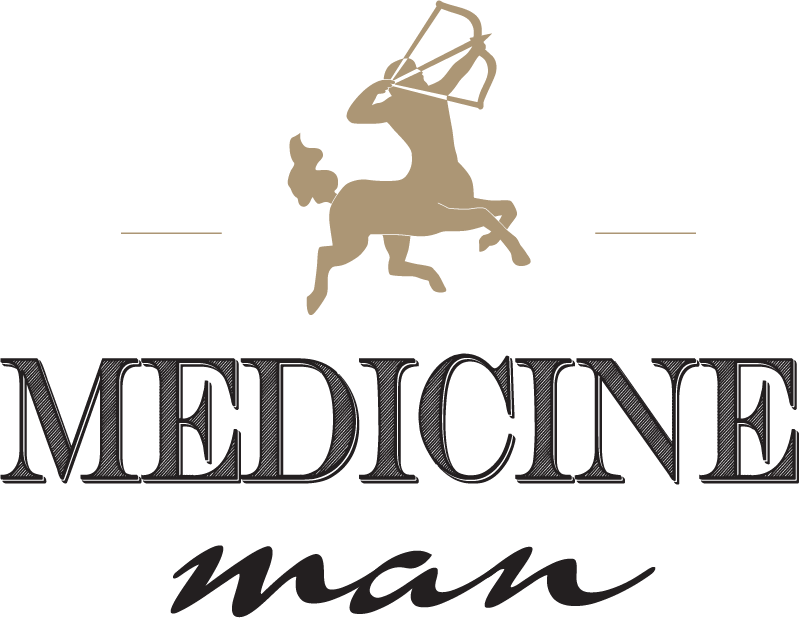Ayurveda supports each individual’s health and immunity by providing an expanded wholistic model that describes health as “One who is established in the self” The sanskrit word for health is Svastha. Sva means (self) and Stha means, (located, grounded or anchored). Therefore, when we are Svastha we are anchored and connected to our healthy happy self.
Wholistic Health includes the external or physical functional body and the internal or subtle body that incorporates the mind, emotions, spirit or soul. Whole person is the integration and connectedness of
these interpenetrating layers for each one of us. That’s a lot to unpack, suffice it to say that your health involves more than just a healthy physical body. How your body functions as in digestion, elimination, circulation, respiration as well as your regular thoughts, emotions, your daily experience of life and your core spiritual beliefs and practices all play a role in your health!
Ayurveda states that Health is our birthright, the status quo, our greatest and most powerful asset.
Consider this…if you’re healthy, then you can go and live the life you want. Disease is considered an anomaly. Now, that doesn’t mean that you won’t get sick in your lifetime…..you may, however, Ayurveda provides the lifestyle tools and dietary practices to prevent, reduce and even reverse disease conditions.
This is a Universal Principle in Ayurveda…each one of us has within us the gift of health. By the way….have you noticed, that universal principals are always simple and effective. It does, however require stepping into a new model of health and wellness like the one I’m presenting.
You are the most important person when it comes to your health and wellness. You take the steps and actions to create your health. You reap the rewards and benefits and in the process become empowered. Stop looking outside yourself for the answers……they are deep inside.
Deeper into the Ayurvedic model~ The classical model describes Health as:
One who is established in self,
who has balanced doshas, balanced digestion( agni),
properly formed tissues( dhatus),
proper elimination of wastes (malas),
well functioning bodily processes and
whose mind, soul and senses are happy
is called a healthy person
Let’s unpack this~
At the physical/functional level, health is a positive functioning of the three doshas: Vata Pitta and Kapha according to a person’s constitution. It includes a balance of the seven tissues,
which form the structures of the body, daily detoxification in the form of bodily wastes ( pee, sweat, poop) along with the body’s systems functioning properly. Good quality digestive fire is seen as the centre piece of health. When digestion functions optimally, the doshas, tissues and waste products are ideal. Healthy digestion results in a strong immune system and we experience a a strong sense of wellbeing.
At the level of the mind and emotions, health reflects a state of calmness and equanimity. Ayurveda’s take on the mind and its processes is very different to the western view. It’s closely aligned to its sister science Yoga, which focuses on creating a relaxed, curious, attentive, happy state of awareness.
Classically Ayurveda describes disease as originating in the mind. This is due to all experiences being filtered through the mind. Consequently all disease begins in the mind when:-
We forget our true nature, as consciousness living in relationship with matter.
We forget who we truly are and what we are capable of
We think we are only our body, mind and senses. With this understanding we seek out pleasures, which become habits and addictions. This creates patterned unconscious responses which eventually result in disease.
When we forget our true nature, we act out in accordance our predominant dosha exaggerating its qualities as we further separate ourselves from our inner wisdom. Each of the doshas represents a
Universal principle.
Vata is the principle of movement, Pitta the principle of transformation and Kapha the principle of stability. When these Universal principals become imbalanced, the results are exaggerated doshic tendencies in which: Vata’s move faster, faster, faster/ escape. Pittas transform their external reality, seeking to control and dominate and Kapha’s stabilise, become stagnate and resistant to change.
Everything we encounter in our daily life must be digested. This includes, the food we eat. The information we take in. What we think, what we learn, the images and media we are exposed to. The quality of our relationships with our self, others and our environment. All of these aspects contribute to our overall health and happiness.
Diet and lifestyle are the essential pillars of health, incorporating the doshic model. You cannot balance your health until you balance your lifestyle. Treatment is prescriptive, addressing all aspects of the individual. This is accomplished through close attention to balance in one’s life. Balance is the natural order, imbalance is disorder. Health is order, disease is disorder.
Ayurveda and its principles are very empowering, as it allows us to take charge of our own health and healing. As we gain an understanding of how to create balance according to our constitution, we are able to make healthful choices and to understand the repercussions when we do not.
About the author:
Eleni holds certification as a Clinical Ayurvedic Specialist, an Ayurvedic Yoga Therapist and a Western Herbalist. Her journey into complimentary medicine began in 1995 and continues. Eleni studied at the Californian College of Ayurveda in the USA and was faculty at CCA for 10 years, and at several Yoga Therapy schools in Los Angeles. She established, Belly Mind Institute, an Ayurveda school In 2015, training Ayurvedic health counsellors and home healers. Eleni is passionate about teaching and sharing these life altering, empowering wisdom teachings. She has a thriving clinical Ayurvedic practice in Sydney and creates confident home healers with her popular online courses.


0 Comments